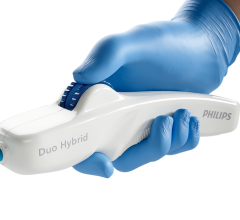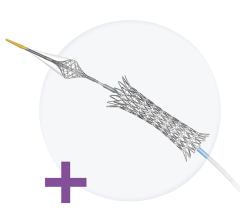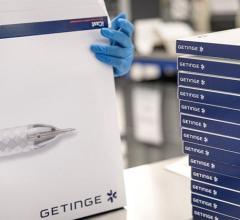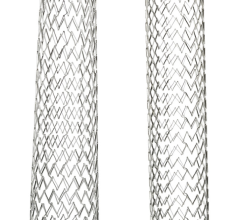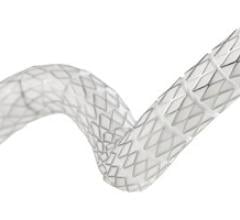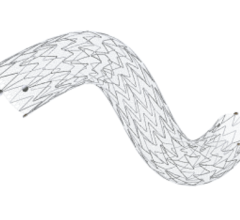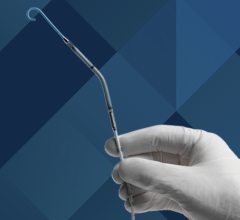May 27, 2008 - Angiomax (bivalirudin) significantly improved net clinical adverse events by 24 percent as well as resulted in a reduction in overall mortality by 32 percent and cardiac mortality by 38 percent when compared to heparin plus routine glycoprotein IIb/IIIa inhibitor (GPI) within 30 days following primary angioplasty strategy, according to results from the HORIZONS-AMI trial published in the New England Journal of Medicine.
HORIZONS-AMI is the first trial to evaluate Angiomax in patients with ST-segment elevation myocardial infarction (STEMI), the most severe form of heart attack, and one of the largest studies ever to focus on the appropriate use of anticoagulant medications in this population undergoing primary percutaneous coronary intervention (PCI). In the landmark global trial, Angiomax was compared to heparin plus GPI in more than 3,600 patients. Only 7.2 percent of patients in the Angiomax group received provisional GPI.1 Findings confirm the results of previous clinical trials that show improved outcomes with Angiomax in less severe patient populations undergoing PCI.2,3
“The HORIZONS-AMI data show that using bivalirudin instead of heparin with a GPI during angioplasty increased survival in acute heart attack patients, a group who are at high risk for death or disability,” said Gregg W. Stone, M.D., professor of medicine, Columbia University Medical Center and chairman of the Cardiovascular Research Foundation, which conducted the trial. “As the first multi-center, randomized, primary angioplasty trial in STEMI patients to show improved survival, we expect HORIZONS-AMI to have an immediate impact on the choice of drug therapy during angioplasty for heart attack patients around the world.”
Additional findings at 30 days show Angiomax significantly reduced rates of major bleeding by 40 percent and demonstrated comparable rates of major cardiovascular adverse events. Angiomax has previously been shown to result in less bleeding and similar rates of composite ischemia compared to heparin plus GPI in patients undergoing angioplasty for stable angina,2 unstable angina and non-ST-elevation myocardial infarction (NSTEMI) making Angiomax an attractive treatment option across virtually all patients undergoing PCI.
For more information: www.angiomax.com


 November 24, 2025
November 24, 2025 


